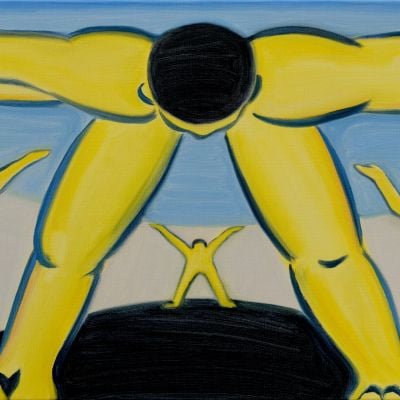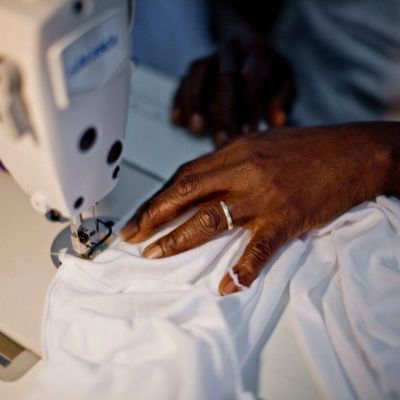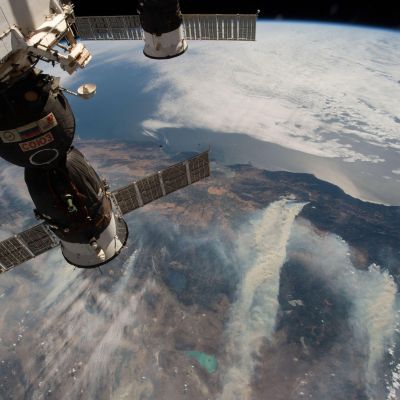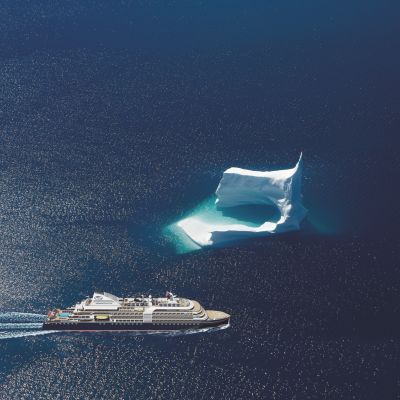The World's Most Expensive City
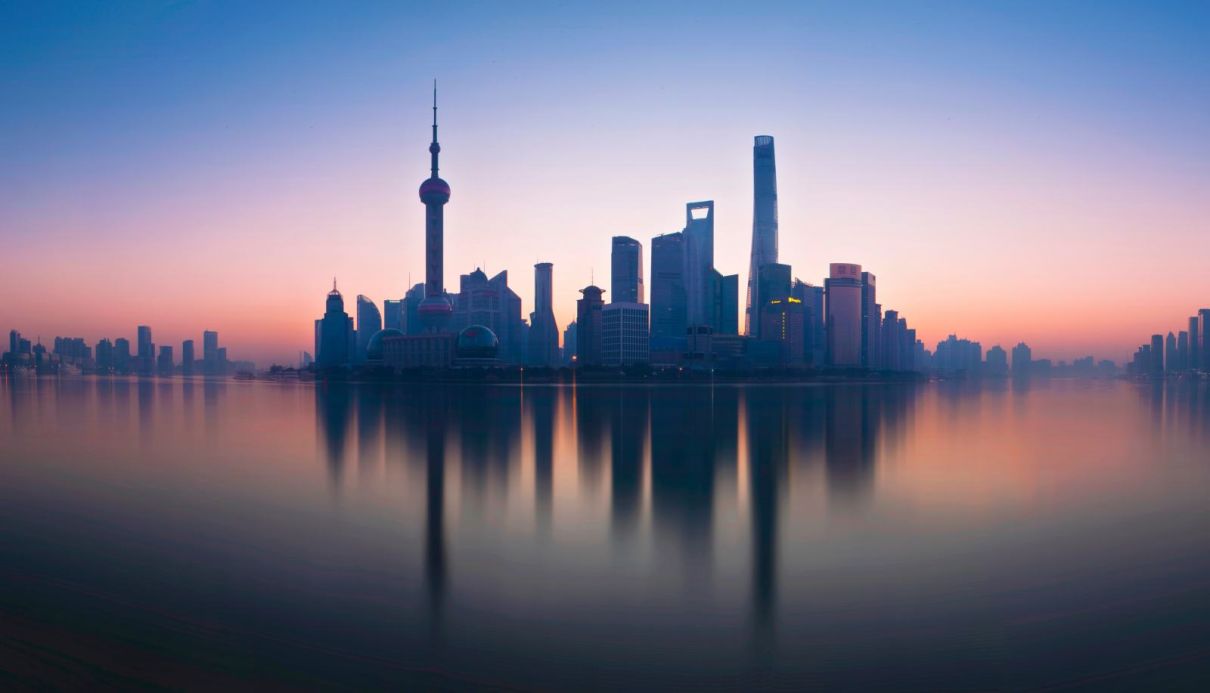
There is a new number one at the top of the world's most expensive city index.
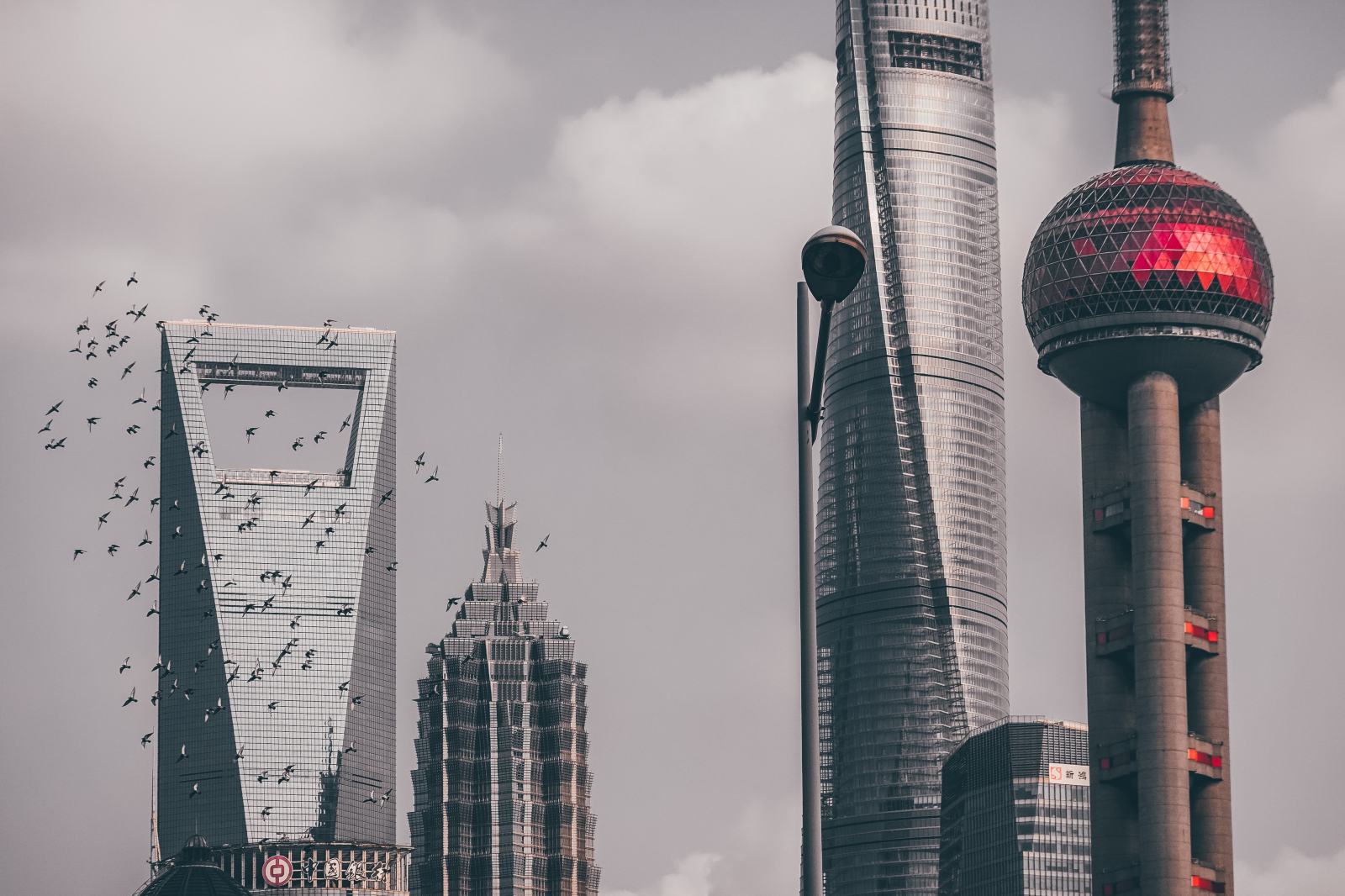
Shanghai and Hong Kong are to the 21st century what New York and San Francisco were to the 20th century and London and Paris were to the 19th.
According to a new report from Julius Baer, the torch has officially passed to Shanghai in terms of the most expensive place to live in the world.
The top three cities have been in Asia for some time - Shanghai, Hong Kong, and Tokyo. But for the first time this year, Shanghai has overtaken Hong Kong to become the planet's priciest city to live in, according to the Julius Baer Lifestyle Index.
Asia remains the most expensive region partly because of the region’s swift recovery from the global pandemic, (with China recovering fastest) its currency stability, and price resilience, said analysts in the report.
"In terms of cities, what we are seeing is the ongoing rise of Asia. The swap of the Americas and Europe is currently down to currency fluctuations, but it’s not impossible to imagine this trend becoming more entrenched," said the authors.
At the other end of the scale, Johannesburg has emerged as the most well-priced place for luxury in the 2021 index. This is the only African city represented in the index, and was one of few cities to experience significant price falls over the past year as the South African rand depreciated significantly. All of the other cities in EMEA have risen up the rankings, buoyed by the strength of the euro and the Swiss franc, except London, due to Brexit uncertainty.
The index takes a basket of luxury goods and services that are a mainstay to the high net worth lifestyle, from laser eye surgery to business class flights to a bottle of Château Lafite Rothschild Bordeaux 2009 - and analyses their values in 25 key cities around the world. Globally, despite the pandemic, the index overall (as a benchmark for the luxury goods industry) edged up over 1 per cent.
The collapse of global tourism in 2020 has had a significant impact on this year’s index. In Asia, Bangkok and Singapore have both slipped down the rankings, while the dearth of travellers has also hit many European cities.
The luxury categories that saw the biggest gains were in business-class flights (+11.4%), whisky (+9.9%) and watches (+6.6%). The luxury categories that have seen the biggest falls in prices in USD terms are ladies’ shoes (-11.7%) and hotel suites (-9.3%).
This year, Julius Baer analysts added four new categories to the index basket to reflect a change in the goods that locked-down HNW individuals were seeking; wedding banquets, pianos, beauty services, and personal trainers are no longer included, while more relevant new items such as bicycles, technology packages, and health insurance have been introduced. Botox is out; treadmills are in.

